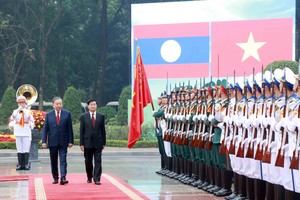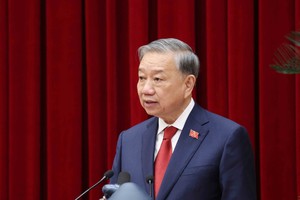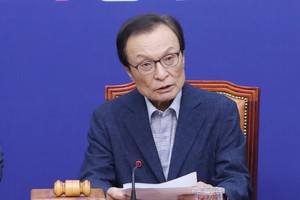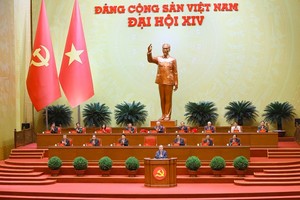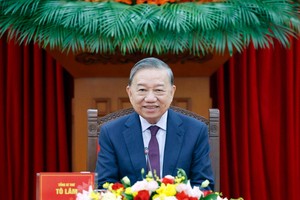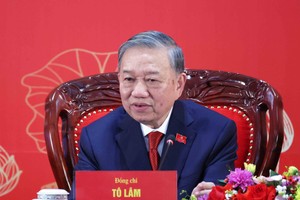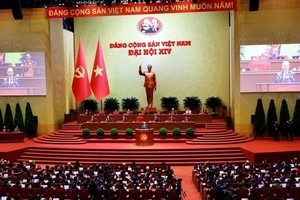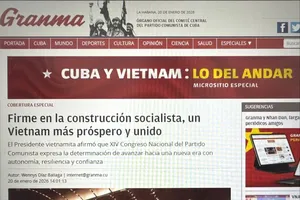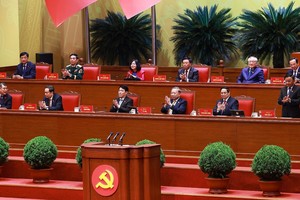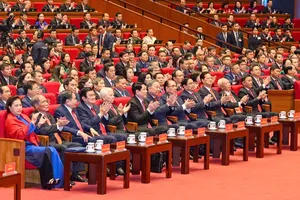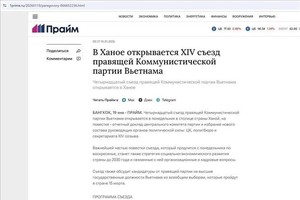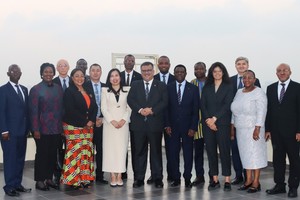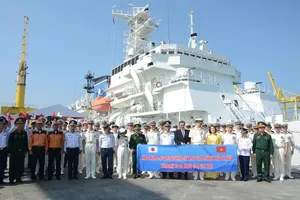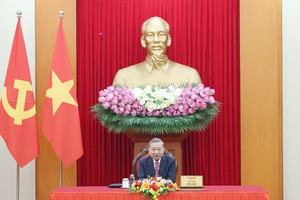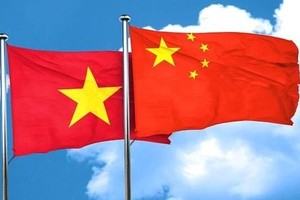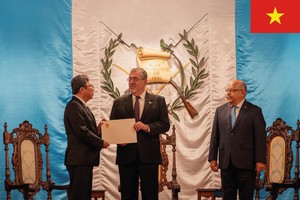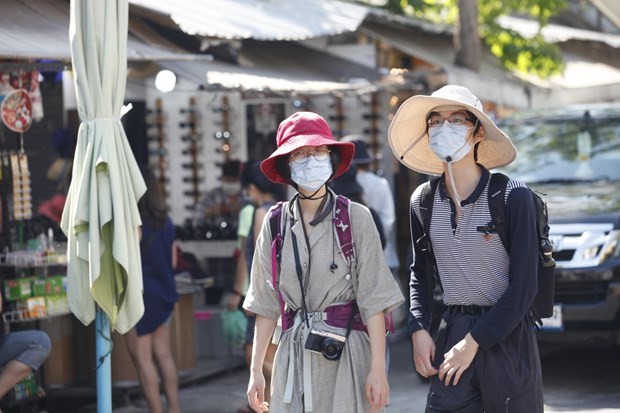
The Association of Thai Travel Agents (ATTA) reported foreign tourists using ATTA member services from January to February 20 was 500,232, a decrease of 40.7 percent. During February 1-20, the number slid up to 74.1 percent to 90,908 tourists.
Domestic tourism is shaky as hoteliers experienced weaker demand from corporate meetings and seminars that were cancelled as fears of the virus escalated.
Suksit Suvunditkul, chief executive of Deevana Hotels and Resorts and vice-president of the Thai Hotels Association's southern chapter, said hotels are receiving more cancellations from government agencies and private companies.
Destinations that target the meeting and incentive market such as Krabi have an occupancy rate of around 65 percent, down from 85-90 percent in a normal situation, while hotels in Phuket that target the domestic market saw guests drop by 80 percent.
The Thai Tourism and Sports Ministry will propose a package of measures to the cabinet, including relaxing debt payments of employees in the tourism business for their houses, credit cards, cars and personal loans; cutting the excise tax on fuel for public buses and travel boats; funding online travel agents to reduce or waive their commissions for six months; and developing programmes to drive operators' competitiveness.
The World Travel and Tourism Council (WTTC) predicted that Thailand is among the countries most affected by the COVID-19. The council believes that the epidemic will cost the world's tourism industry at least US$22 billion due to falling spending by Chinese tourists.
The Thai government forecast that the country's tourism industry will lose about 30 percent of Chinese tourists in the first quarter of 2020. The figure could rise to 50 percent if the epidemic continues to be a concern in the next quarter. In 2019, Chinese tourists spent about $18 billion, accounting for one third of total spending by foreign visitors in Thailand.
